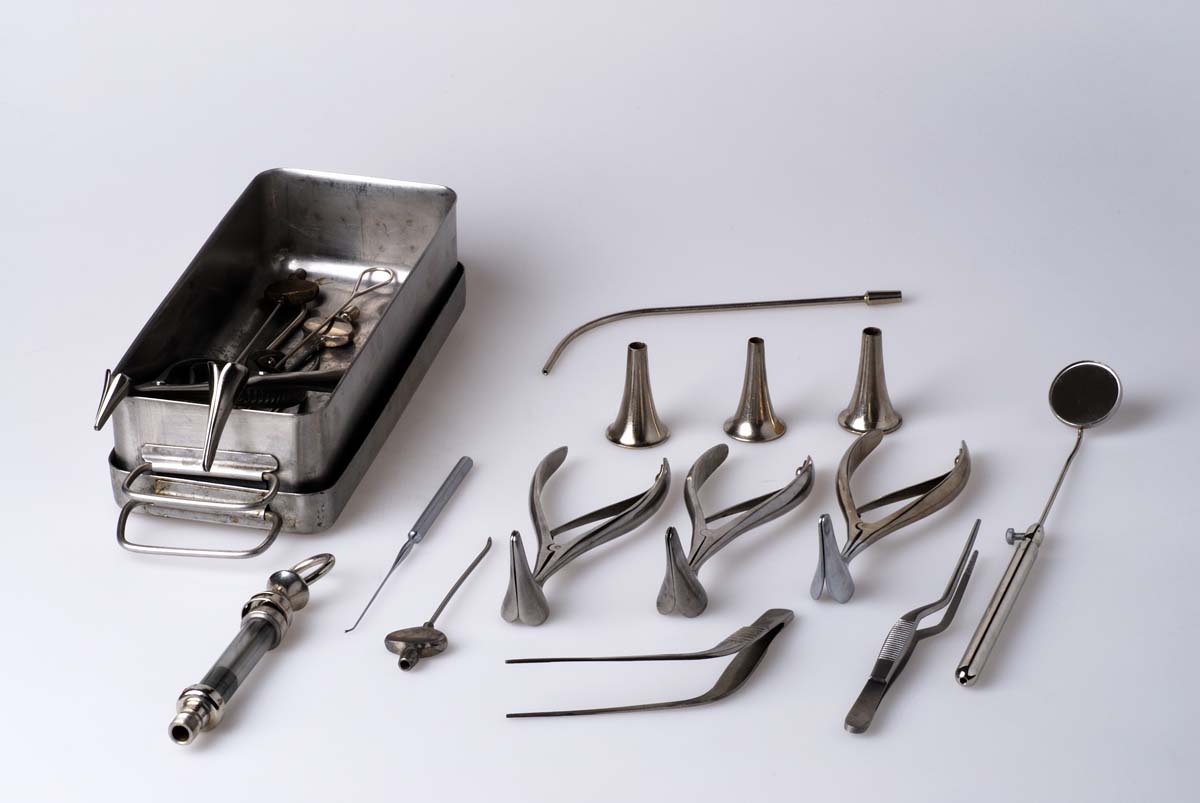
ENT Surgeon
At our offices, you will find access to the top ENT surgeon team in the area. Contact us today to find out more about how we can help you, and to schedule an appointment.
Ear, nose and throat (ENT) surgeons treat many common medical issues that affect the head and neck, ears, and upper respiratory system. Many ENT surgeon sub-specialties exist. For instance, an ear, nose and throat surgeon may specialize in cochlear implant surgery, skull base tumors, or head and neck cancer surgery.
ENT surgeons perform many different surgical procedure types. Because ENT surgeons frequently operate in very small spaces, such as the middle ear canal, they use advanced technologies.
Hearing Loss and ENT Surgery
Many ENT surgeons assist patients with some type of hearing loss. According to Orange County Surgeons, surgery can sometimes correct defects or other issues that cause hearing impairment and can include:
- Tympanoplasty, or reconstruction of the tympanic membrane (ear drum)
- Stapedectomy, an excision of some or all of one of the middle ear ossicles (ear bone)
- Myringotomy, or addition of middle ear tubes needed to drain fluids (due to infection or fluid imbalance)
- Cochlear implantation, or surgery necessary to add an electronic device to one or both of the patient’s inner ears to enable some level of hearing (cochlear implants do not restore normal hearing)
Nasal/Sinus/Larynx Surgery
An ENT surgeon may also focus on the nasal cavity and sinus system. Surgical procedures may include sinus surgery or deviated septum (corrective) surgery, also called septoplasty. Surgeons in this sub-specialty also provide surgical relief to patients suffering with chronic or severe nasal congestion. Endoscopic surgery often allows the surgeon to eliminate external excisions to promote faster healing and fewer post-surgical complications.
Larynx (Voice Box) Surgery
ENT physicians help patients to manage diseases of the voice box and/or esophagus. Related voice disorders, breathing/respiration issues, and swallowing problems may prompt the doctor and patient to consider surgery, which can include:
- Tonsillectomy, or removal of the tonsils due to chronic infections
- Adenoidectomy, or removal of the adenoids due to chronic infections
Infected tonsils and adenoids can ultimately cause hearing problems, so early treatment is important.
Nasal Surgery
Patients with infected or inflamed sinuses may suffer from chronic sinusitis. Post nasal drip, nasal discharge, nasal congestion, or related facial pressure may resist treatment with common antibiotics. Persistent symptoms can warrant nasal surgery to treat persistent symptoms.
Endoscopic sinus surgery is typically performed with fiber optic/telescopic tools used for many nasal surgeries. Procedures may be performed under local or general anesthesia. The surgeon works through the patient’s nostrils using small dissection instruments to clear blocked passages and establish good drainage.
Surgical treatment of severe sinusitis may include balloon sinusplasty, or insertion of a balloon catheter to open blocked sinus passages.
An ENT surgeon also treats obstructions, such as nasal blockages in the nose preventing normal breathing in one or both nostrils. Allergies, sinus/nasal infections, or a deviated septum may cause nasal obstructions. Over time, chronic swelling and inflammation may require surgery to promote free breathing once again.
Education and Experience
Otolaryngologists (head and neck surgeons) care for adults and children with medical issues of the ear, neck, nose, and throat. Otolaryngologists acquire skills needed to manage a broad range of conditions, including sinusitis, neck masses, mouth/throat cancers, face/neck trauma, voice/swallowing problems, dizziness/vertigo, and other problems that originate in the head and neck structures. The American Board of Otolaryngology certifies this specialty.
Otolaryngologists frequently devote their skills to one or more specific sub-specialties, such as pediatric otolaryngology, facial plastic and/or reconstructive surgery, head/neck cancer surgery, otology/neurotology (the ear and brain), skull base surgery, allergies, and more.
Otologists/neurotologists are board-certified physicians who provide medical/surgical care to both pediatric and adult patients. They focus on a wide range of medical conditions, including diseases of the ears, temporal bone, skull base, and balance system. These specialists frequently work with neurosurgeons to manage diseases and/or disorders of the skull base and cranial nerve system.
Contact our offices today if you feel like you could benefit from a consultation with an ENT surgeon. The physicians at our office are experienced and educated in their field and are careful to provide thorough diagnosis. After your consultation, we will be able to determine the best course of treatment for you. Surgery is not always necessary, and we typically attempt conservative treatments first as long as it is appropriate to do so. If surgery is necessary, your surgeon will go over the expectations with you thoroughly and provide you with information about how to prepare and recover from your procedure.

